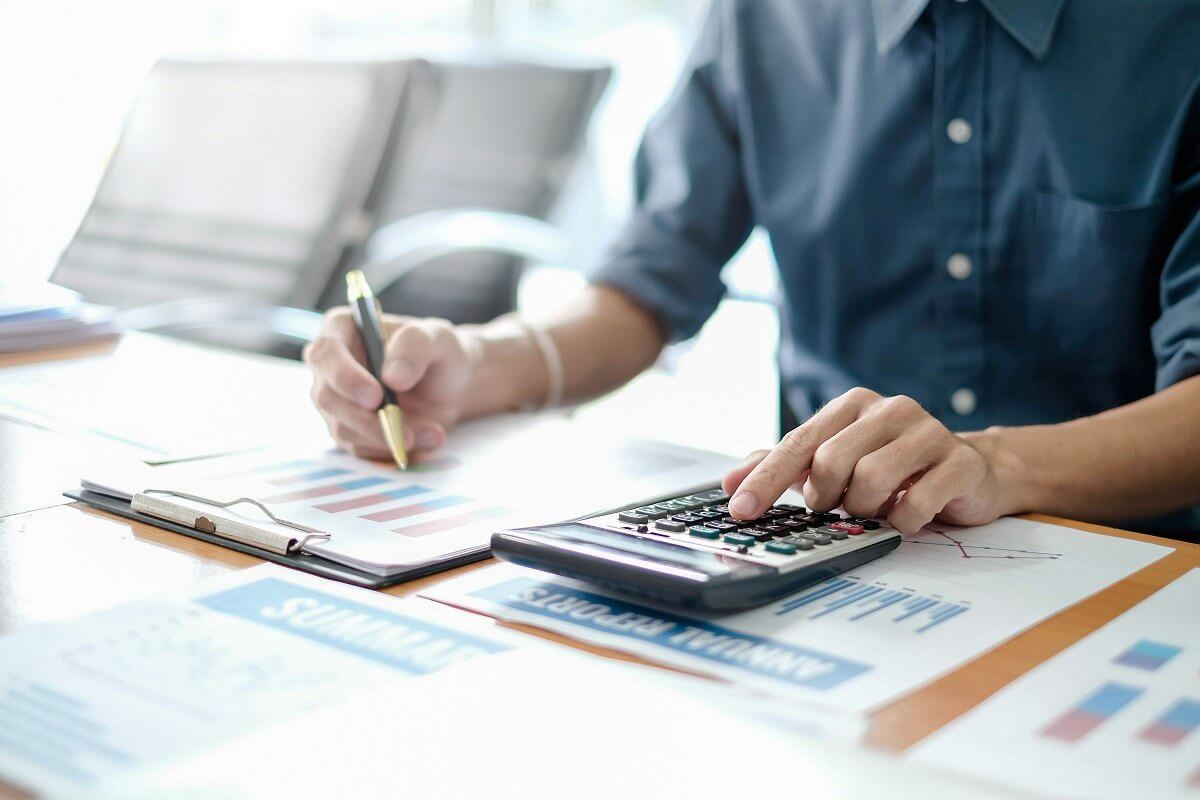What you need to know when disposing of your Section 12J investment
Even though the tax incentive of Section 12J has not been extended beyond 30 June 2021, recently many investors’ five-year investment term has elapsed and after enjoying a tax break at the inception of their investment, may decide to sell. Some investors may be left confused on what their tax bill will be to keep SARS content. Generally, amounts that were previously applied as tax deductions and subsequently recovered by a taxpayer will be included in the taxpayer’s gross income as a recoupment. However, this will not be the case in respect of the disposal of venture capital investments held for longer than five years.
On disposal, the base cost will be reduced to zero and therefore the full proceeds received on disposal of the investment will be subject to capital gains tax, provided the investment was held for longer than five years. The effective rates of capital gains tax are 18% for individuals who find themselves in the highest marginal tax rate bracket and 22,4% for companies (21,6% for years of assessments ending on or after 31 March 2023). In the case of investments held for at least three years but not for more than five years, the full amount of the initial investment will be recouped and included in the taxpayer’s income. The amount exceeding the initial investment amount will be subject to capital gains tax, effectively only benefiting from the delay of the tax payment since the full five-year investment term has yet to lapse.
It is worth noting that investors that held their investment for at least 5 years will have not only delayed their tax payment, but also reduced their tax burden. For instance, an investor taxed at the highest marginal tax rate was entitled to a tax break of 45% of the initial investment upfront and will now only pay capital gains tax at 18% on the same amount. The above analysis assumes that the exit of the investment will take the form of a straight forward share sale. Funds that structure the exit in more creative ways, such as share buybacks, may have different tax consequences and thus it is imperative that investors understand the investment parameters and seek professional tax advice if they are looking to exit the respective fund.
For more information please contact Graeme Saggers, CEO of Nolands Tax

